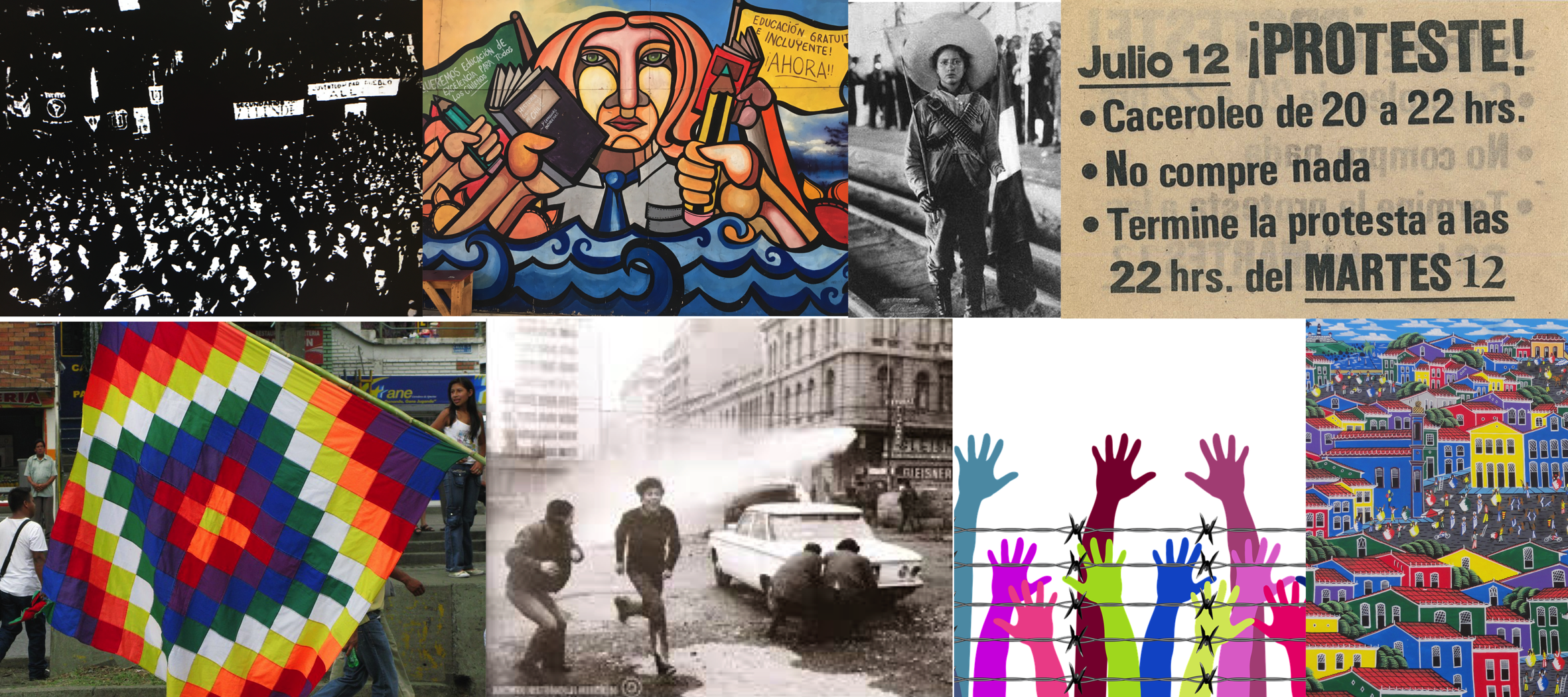HY239 is designed to provide students with an introduction to the history of Latin America from the late nineteenth century to the present day. Its focus is predominantly on Latin Americans and what happened within the region. However, the course will also explore Latin Americans’ interaction with the wider world, including their pivotal and expanding relationship with the United States during the twentieth century. Major themes covered on the course include identity, citizenship and nationalism; neo-colonialism and anti-imperialism; state-building and concepts of “development”; revolution and resistance; dictatorship and violence; democratization and the struggle for social justice. Among more specific topics covered in workshops and seminars are Cuba’s War of Independence; the Mexican Revolution; migration and workers’ movements; the Guatemalan Revolution and the US-sponsored 1954 coup against Jacobo Arbenz’s government; the Cuban Revolution; the Catholic Church and Liberation Theology; Allende’s Chile and the 1973 Chilean coup; military dictatorship and anticommunism in the Southern Cone; solidarity networks and Human Rights; Central American revolutionary movements and conflict; democratization and peace; transitional justice and memory wars; the rise and fall of Latin America’s Pink Tide; neoliberalism; and the struggle for indigenous and LGBT rights. In addressing these themes and topics, we will be paying particular attention to histories of race, class and gender with students encouraged to consider how different Latin Americans experienced and influenced the course of history in the region.

HY239 - People, Power and Protest in Latin America, c.1895 to the Present day
HY239 is designed to provide students with an introduction to the history of Latin America from the late nineteenth century to the present day. Its focus is predominantly on Latin Americans and wha...